 |
 |
 |
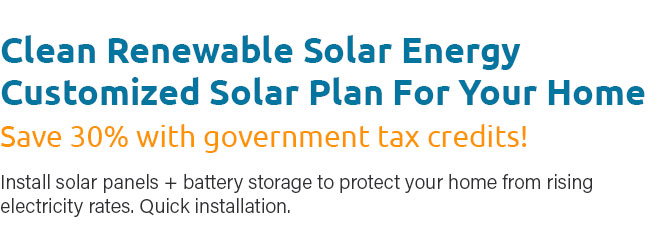 |
 |
 |
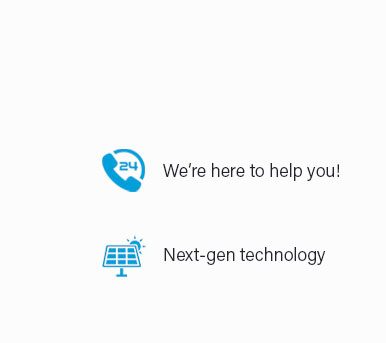 |
 |
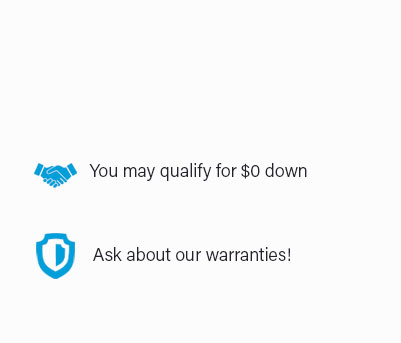 |
 |
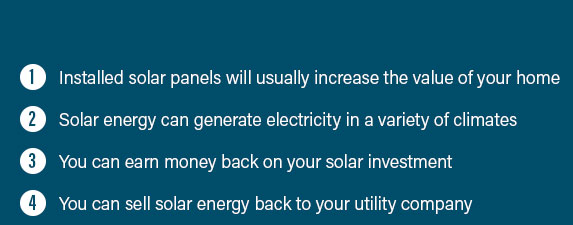 |
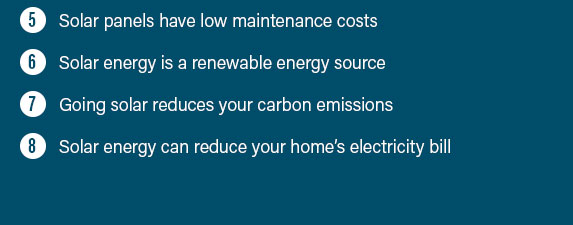 |
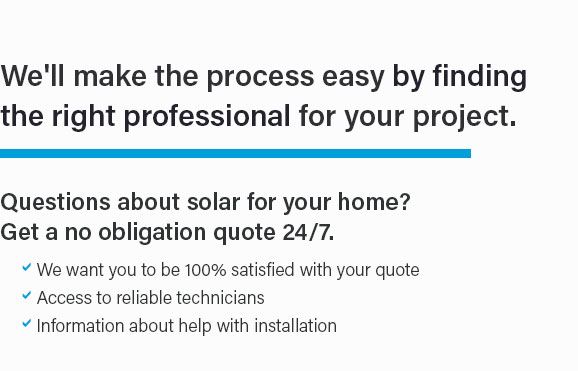 |
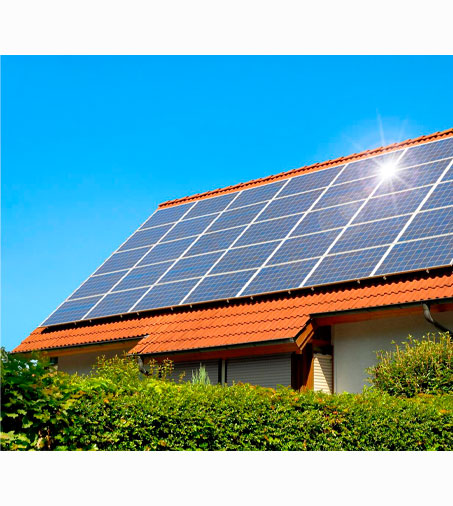 |
|
 |
 |
 |
Solar Power to Home: Efficient Solutions for Sustainable LivingAs the world moves towards renewable energy sources, solar power has emerged as a leading option for homeowners. This article explores the benefits and considerations of using solar power in homes, providing insights into installation processes, financial implications, and environmental impacts. Benefits of Solar PowerSolar power offers numerous advantages that make it an attractive choice for homeowners seeking sustainable energy solutions. Environmental ImpactSolar energy is a clean, renewable resource that significantly reduces carbon footprints. Unlike fossil fuels, it doesn't emit harmful gases, contributing to a healthier planet. Cost SavingsInvesting in solar power can lead to substantial savings on electricity bills. Over time, homeowners can recoup installation costs and enjoy free electricity generated from the sun. Energy IndependenceBy harnessing solar power, homeowners can reduce their reliance on traditional energy sources, promoting energy independence and security. Installation ProcessThe process of installing solar panels involves several key steps, each crucial for maximizing efficiency and longevity. Site AssessmentBefore installation, a thorough site assessment is conducted to determine the optimal placement of solar panels, considering factors like roof angle and sunlight exposure. Choosing the Right InstallerIt's essential to select a reputable installer to ensure quality workmanship and reliable service. For those living in specific regions, exploring options like solar panel installation phoenix az can provide localized expertise. Installation and MaintenanceOnce the panels are installed, regular maintenance is required to keep the system operating efficiently. This includes cleaning the panels and monitoring the system's performance. Financial ConsiderationsWhile the initial investment can be significant, various financial incentives and savings opportunities exist for solar power users.
For more information on the installation process and financial implications, visit solar panel home installation. FAQsHow long do solar panels last?Solar panels typically have a lifespan of 25 to 30 years, with most manufacturers offering warranties that guarantee performance for this duration. Do solar panels work during cloudy days?Yes, solar panels can still generate electricity on cloudy days, although their efficiency is reduced compared to sunny conditions. Is my roof suitable for solar panels?A professional installer can assess your roof's suitability, considering factors such as orientation, shading, and structural integrity. ConclusionAdopting solar power for home use presents an excellent opportunity to embrace sustainability, reduce energy costs, and contribute to a healthier environment. As technology advances and costs decrease, solar power is poised to become an integral part of residential energy solutions. https://www.bostonsolar.us/solar-blog-resource-center/blog/can-a-house-run-on-solar-power-alone/
Solar panels work by converting sunlight into electricity and distributing it throughout your home via your electrical panel. In order to power your entire home ... https://enphase.com/homeowners
The Enphase Energy System combines solar, batteries, and EV charging so you can make, use, save, and sell your own energyand easily manage it all through a ... https://www.nationalgrid.com/stories/energy-explained/how-does-solar-power-work
Solar power converts energy from the sun into electricity through the use of solar panels ... solar panels that usually power a single home or ...
|